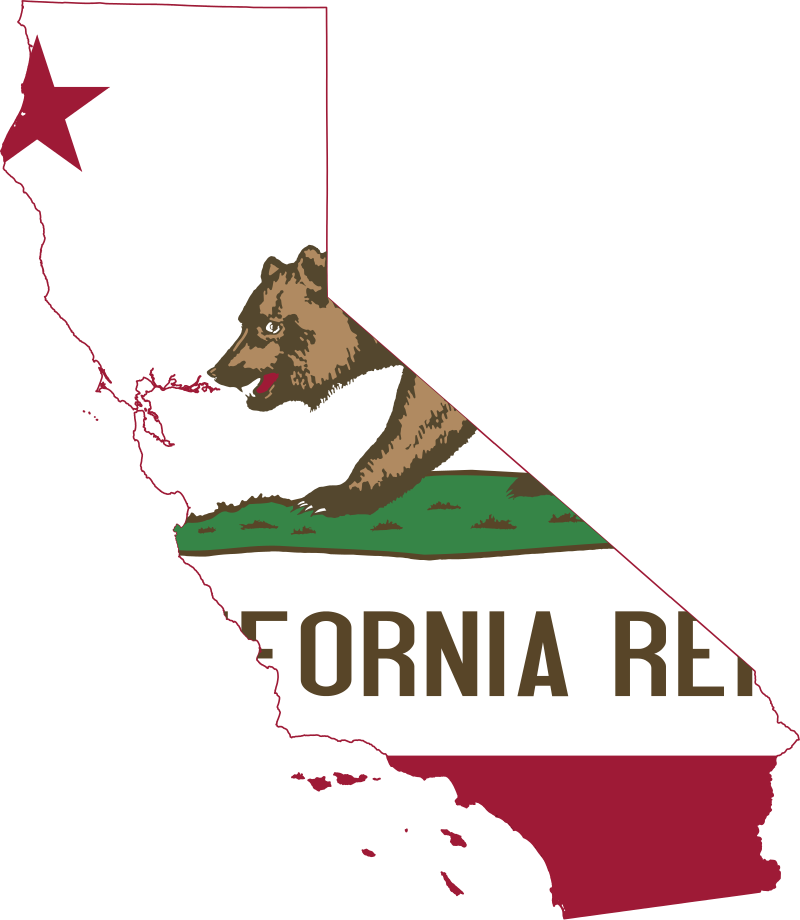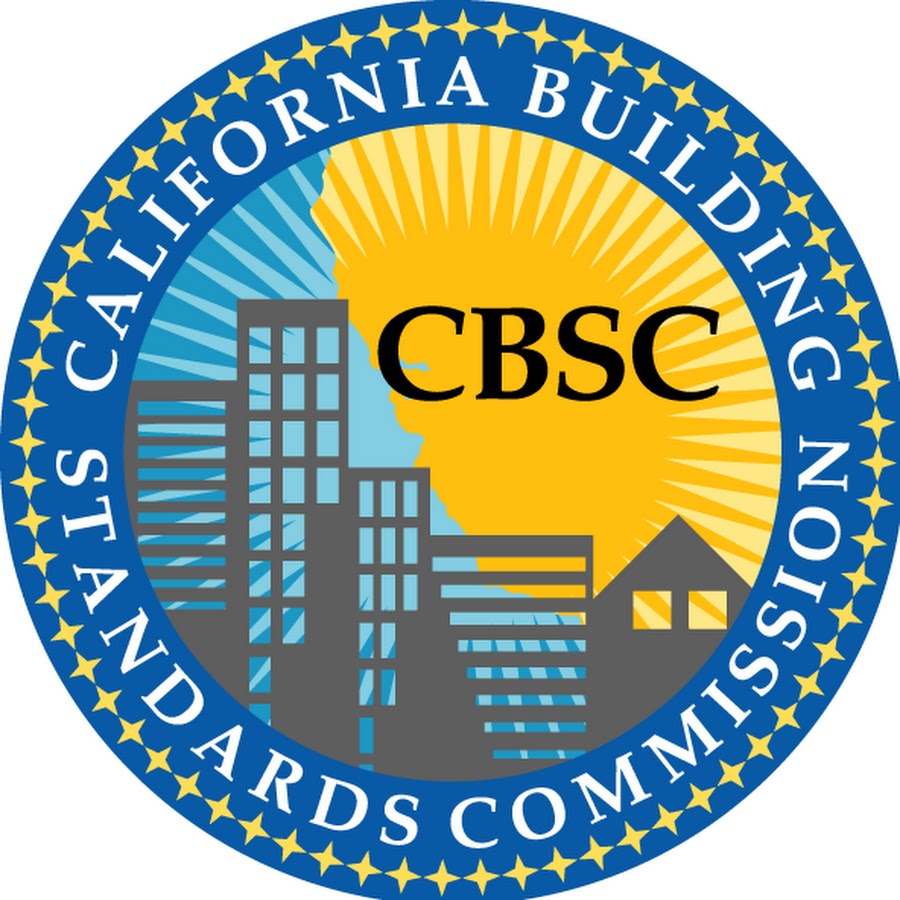
California State Capitol. (Photo: Kevin Sanders for California Globe)
A Look at the Commission on State Mandates
State reimbursement to local agencies and school districts
By Chris Micheli, June 21, 2019 9:07 am
California’s Commission on State Mandates derives its power from Article XIII B, Section 6 of the California Constitution, Article 13B deals with a government spending limitation and contains 15 sections. This article to the state constitution was added by Proposition 4 on November 6, 1979 by initiative measure.
Section 6 provides that, whenever the Legislature or any state agency mandates a new program or higher level of service on any local government, the State must provide a subvention of funds to reimburse that local government for the costs of the program or increased level of service. Section 6 provides an exception that the Legislature may, but need not, provide a subvention of funds for the following mandates:
(1) Legislative mandates requested by the local agency affected.
(2) Legislation defining a new crime or changing an existing definition of a crime.
(3) Legislative mandates enacted prior to January 1, 1975, or executive orders or regulations initially implementing legislation enacted prior to January 1, 1975.
(4) Certain legislative mandates contained in statutes.
Section 6 also contains several other relevant provisions: Ad valorem property tax revenues cannot be used to reimburse a local government for the costs of a new program or higher level of service. This subdivision applies to a mandate only as it affects a city, county, city and county, or special district.
A mandated new program or higher level of service includes a transfer by the Legislature from the State to cities, counties, cities and counties, or special districts of complete or partial financial responsibility for a required program for which the State previously had complete or partial financial responsibility.
In addition, California Government Code Section 17500, which was added in 2004, provides the following statement of legislative intent:
“The Legislature finds and declares that the existing system for reimbursing local agencies and school districts for the costs of state-mandated local programs has not provided for the effective determination of the state’s responsibilities under Section 6 of Article XIII B of the California Constitution. The Legislature finds and declares that the failure of the existing process to adequately and consistently resolve the complex legal questions involved in the determination of state-mandated costs has led to an increasing reliance by local agencies and school districts on the judiciary and, therefore, in order to relieve unnecessary congestion of the judicial system, it is necessary to create a mechanism which is capable of rendering sound quasi-judicial decisions and providing an effective means of resolving disputes over the existence of state-mandated local programs.
“It is the intent of the Legislature in enacting this part to provide for the implementation of Section 6 of Article XIII B of the California Constitution. Further, the Legislature intends that the Commission on State Mandates, as a quasi-judicial body, will act in a deliberative manner in accordance with the requirements of Section 6 of Article XIII B of the California Constitution.”
The Commission on State Mandates have four duties pursuant to California law:
- Hears and decides test claims alleging that the Legislature or a state agency imposed a reimbursable state-mandated program on local agencies, school districts, or community college districts.
- Hears and decides claims alleging that the State Controller has incorrectly reduced a reimbursement claim for a state-mandated program.
- Hears and decides requests to adopt a new test claim decision to supersede a previously adopted test claim decision upon a showing that the state’s liability for that decision pursuant to article XIII B, section 6(a) of the California Constitution has been modified by a subsequent change in law.
- Determines the existence of significant financial distress for applicant counties that seek to reduce the level of aid they provide under General Assistance/General Relief.
According to the Commission, “the concept of state reimbursement to local agencies and school districts for state mandated activities originated with the Property Tax Relief Act of 1972 (Senate Bill 90, Chapter 1406, Statutes of 1972), known as SB 90. The primary purpose of the Act was to limit the ability of local agencies and school districts to levy taxes. To offset these limitations, the Legislature declared its intent to reimburse local agencies and school districts for the costs of new programs or increased levels of service mandated by state government. The Legislature authorized the State Board of Control to hear and decide upon claims requesting reimbursement for costs mandated by the state.”
Originally begun as the State Board of Control, on January 1, 1985, the Commission took over the role from the SBC. The Commission acts as a quasi-judicial body and its main role is to hear and decide claims alleging that the state imposed a reimbursable state mandate on a local government, or that the Controller’s Office has incorrectly reduced payments to local governments.
- Construction of Eminent Domain Law - February 21, 2026
- Deposition of Expert Witnesses - February 20, 2026
- Response to Interrogatories - February 20, 2026




